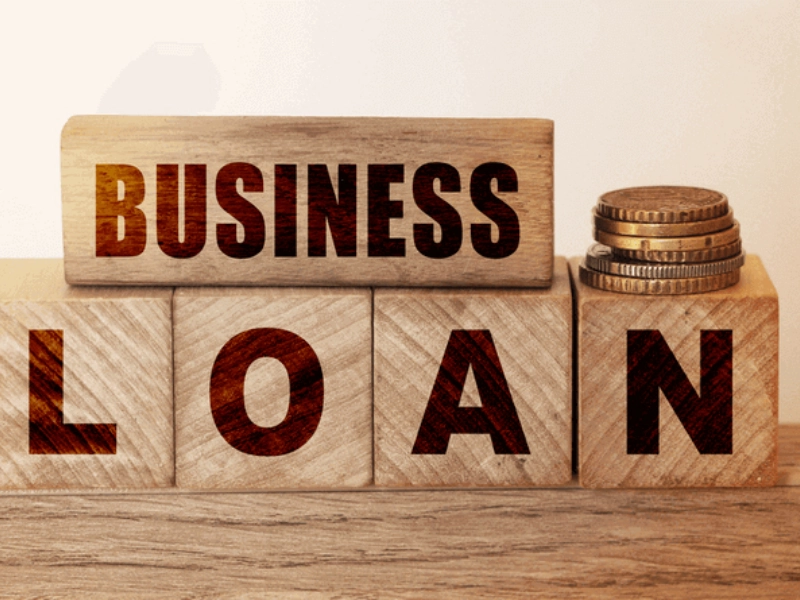Is Consolidating Your Debt The Best Option For Your Current Financial Situation?
A fixed-rate debt consolidation loan can lower your interest costs, allowing you to allocate a larger portion of your payment toward principal repayment. This approach, however, is only effective if you have a plan in place to stay out of debt and enough income flow to cover the monthly payment.
Rates of interest

Terms of payment
 You can save money by paying less interest through debt consolidation if you have a steady income and a high credit score. With a debt consolidation loan, you can lower your overall debt by consolidating several high-interest debt streams into a single, fixed-rate payment. But, in order to prevent late fees and maintain a low credit use rate, it's crucial to be sure you can afford the monthly loan payment.
In addition to having a negative impact on your credit score, debt consolidation can lower your score by a few points, resulting in a hard inquiry on your credit report. Furthermore, the average age of your accounts, which makes up 15% of your score, can be lowered by canceling old credit accounts following consolidation.
It's crucial to compare lenders if you're thinking of consolidating your debt in order to get the best terms and rates. You can easily compare rates with online lenders like LendingTree without affecting your credit score. Borrowing from your retirement assets or taking out a home equity loan are two more hazardous strategies to consolidate debt.
You can save money by paying less interest through debt consolidation if you have a steady income and a high credit score. With a debt consolidation loan, you can lower your overall debt by consolidating several high-interest debt streams into a single, fixed-rate payment. But, in order to prevent late fees and maintain a low credit use rate, it's crucial to be sure you can afford the monthly loan payment.
In addition to having a negative impact on your credit score, debt consolidation can lower your score by a few points, resulting in a hard inquiry on your credit report. Furthermore, the average age of your accounts, which makes up 15% of your score, can be lowered by canceling old credit accounts following consolidation.
It's crucial to compare lenders if you're thinking of consolidating your debt in order to get the best terms and rates. You can easily compare rates with online lenders like LendingTree without affecting your credit score. Borrowing from your retirement assets or taking out a home equity loan are two more hazardous strategies to consolidate debt.
Options for consolidation
 One sort of credit that combines several outstanding debt sums into a single lump sum is a debt consolidation loan. After that, you pay the debt back to the lender on a regular basis for a predetermined amount of time. This lowers the possibility of you skipping payments, which could result in expensive penalties or harm to your credit ratings. Lower-credit-score borrowers can get loans from a number of online lenders, and some even let you pre-qualify without affecting your score.
Options for consolidating debt include 401(k) loans, credit card balance transfers, personal loans, and debt management programs. Some of these tactics are more likely to raise your credit than others, and they all have varying effects on your credit score. Whichever approach you decide on, debt consolidation can lower your interest rate and help you better manage your payments. Additionally, it aids in preventing late payments, which deduct 35% off your credit score. But it ought to be reserved for last resorts only.
One sort of credit that combines several outstanding debt sums into a single lump sum is a debt consolidation loan. After that, you pay the debt back to the lender on a regular basis for a predetermined amount of time. This lowers the possibility of you skipping payments, which could result in expensive penalties or harm to your credit ratings. Lower-credit-score borrowers can get loans from a number of online lenders, and some even let you pre-qualify without affecting your score.
Options for consolidating debt include 401(k) loans, credit card balance transfers, personal loans, and debt management programs. Some of these tactics are more likely to raise your credit than others, and they all have varying effects on your credit score. Whichever approach you decide on, debt consolidation can lower your interest rate and help you better manage your payments. Additionally, it aids in preventing late payments, which deduct 35% off your credit score. But it ought to be reserved for last resorts only.
Prices
 By consolidating several amounts into a single payment, debt consolidation decreases interest rates overall and debt payments. It should only be utilized as a long-term strategy that includes budgeting, obtaining free financial guidance, and cutting living expenses because it is not a miracle cure for your debt issues. Additionally, you should confirm that your monthly revenue will suffice to pay off your new debt.
Your credit score, the loan amount, and the loan term all affect how much a debt consolidation loan costs. Origination fees, prepayment penalties, and other costs are levied by certain lenders. To determine which loan period is best for you, compare the payments on several ones.
Another alternative is to use a home equity or 401(k) loan to pay off your debts, but these are riskier and more expensive options. In order to pay off your debt and obtain cheaper interest rates, you can also choose to negotiate with your creditors or a debt management company.
By consolidating several amounts into a single payment, debt consolidation decreases interest rates overall and debt payments. It should only be utilized as a long-term strategy that includes budgeting, obtaining free financial guidance, and cutting living expenses because it is not a miracle cure for your debt issues. Additionally, you should confirm that your monthly revenue will suffice to pay off your new debt.
Your credit score, the loan amount, and the loan term all affect how much a debt consolidation loan costs. Origination fees, prepayment penalties, and other costs are levied by certain lenders. To determine which loan period is best for you, compare the payments on several ones.
Another alternative is to use a home equity or 401(k) loan to pay off your debts, but these are riskier and more expensive options. In order to pay off your debt and obtain cheaper interest rates, you can also choose to negotiate with your creditors or a debt management company.







